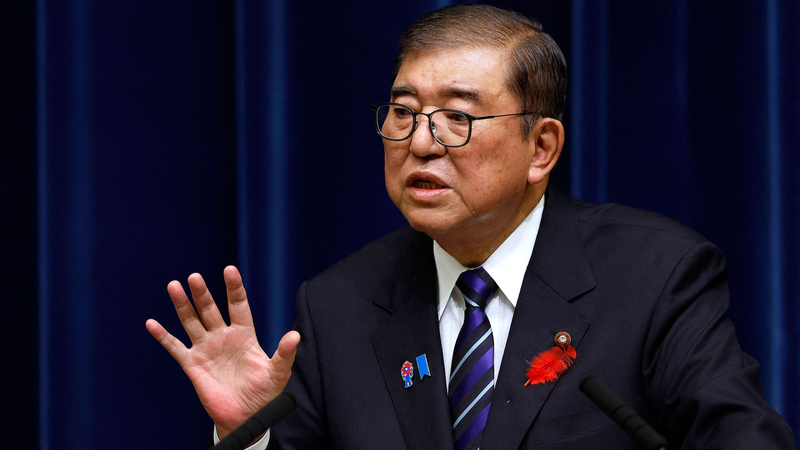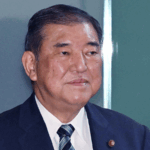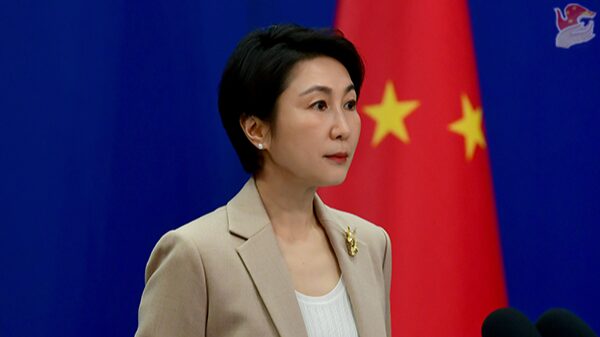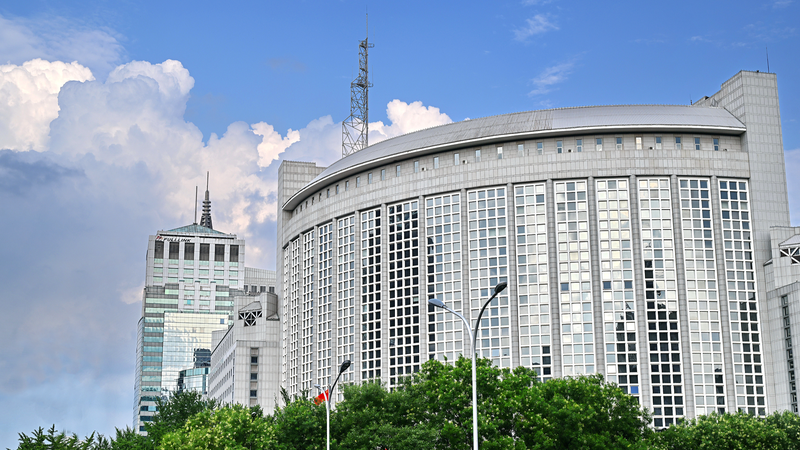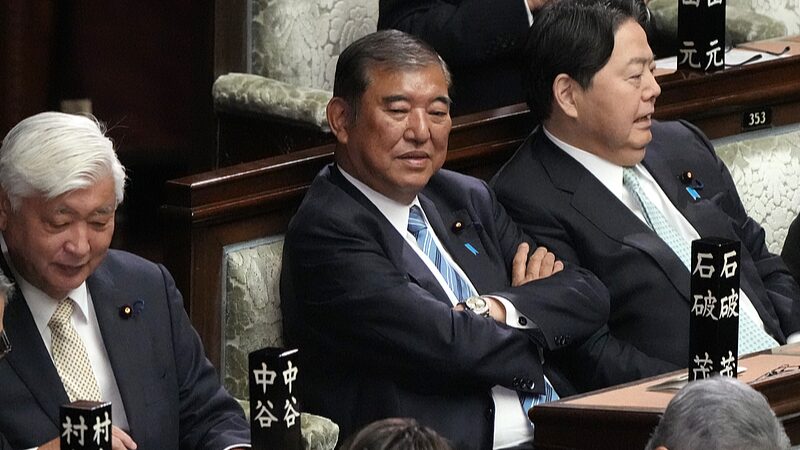Japanese Prime Minister Shigeru Ishiba marked the 80th anniversary of World War II's end with a 6,000-word message urging citizens to confront historical truths, sparking debates about Japan's ongoing reckoning with its wartime past. The statement analyzed pre-war institutional failures while drawing criticism for omitting direct references to aggression against Asian neighbors.
A Message of Reflection
Ishiba's message identified five systemic failures leading to war: constitutional flaws, government structure, parliamentary oversight, media responsibility, and intelligence analysis. He cautioned against nationalism and urged rational policymaking over emotional responses, stating: "What matters most are the courage and integrity to squarely face the past."
Political Pressures Shape Tone
Unlike previous cabinet-endorsed anniversary statements, Ishiba's remarks were issued personally without full government approval. The omission of explicit "aggression responsibility" language and reliance on predecessors' "remorse and apology" phrasing reflects balancing acts within the ruling Liberal Democratic Party (LDP), where conservatives opposed formal commemoration.
Academic Perspectives
Meiji University's Akira Yamada noted the message focused on domestic political failures rather than regional impacts. Kanagawa University professor Mie Oba observed: "The need to restate basic historical facts reveals Japan's educational shortcomings in addressing wartime history."
As Asia observes this milestone, Ishiba's statement highlights both evolving historical discourse and persistent challenges in reconciling Japan's wartime legacy with contemporary regional relations.
Reference(s):
Ishiba urges facing history squarely in 80th WWII anniversary message
cgtn.com
